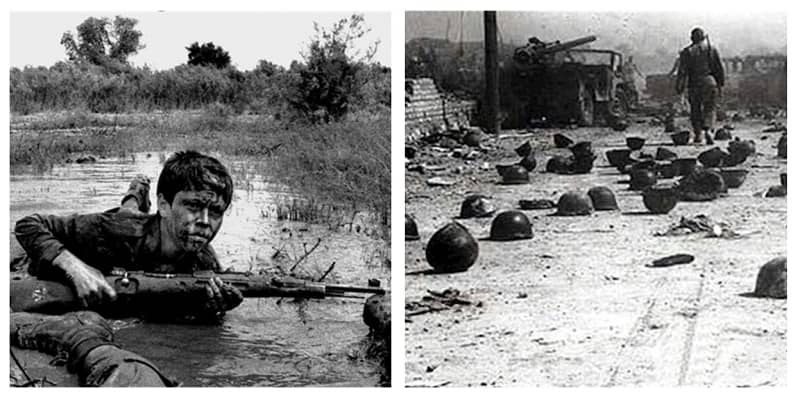
Life in the Middle East at present is far from safe for the millions of people who reside in the countries in the region. With drone attacks targeting commercial areas and oil refineries, and rockets destroying residential areas, innocent men, women and children fear for their lives on a daily basis.
The instability in the region has been ongoing for decades, but there is no consensus on what the initial cause was. Some believe that conflicts began when oil was discovered in the region, while others point towards the unrest between Israel and Palestine. Another suggested cause was the 1979 revolution in Iran, which many consider gave birth to Islamic extremism, or at least exacerbated it.
The National Council of Resistance of Iran (NCRI) said, “Throughout history, a revolution has always energized the masses, boosting the level of expectations. If the very force that stands victorious on the ashes of the toppled system does not keep its promises, it will face existential questions.”
During the 1979 revolution, the Iranian people overthrew the Shah’s dictatorship, and out of the ashes, a cleric named Ruhollah Khomeini stepped up to take control of the country. At the time, he was in exile in France, but promised to rebuild the nation and bring the Iranian people out of the misery that the former monarchy had inflicted on them. However, it soon became apparent that Khomeini had issued false promises. He established the Iranian regime, and surrounded himself with fundamentalist clerics for what was to become a theocratic rule, even worse than the dictatorship that they replaced.
Not long after the revolution had ended, Khomeini began to provoke Iran’s western neighbor, and called on Iraqis to overthrow their government. This soon set in motion a severe conflict between Iran and Iraq that lasted for eight years, leaving millions of people dead or wounded on both sides.
On July 12, 1982, the war seemed to be coming to a close when Iraqi forces withdrew from Iranian territory. The United Nations stepped in to issue a resolution, but this did not deter Khomeini, who was unwilling to abandon the conflict, which raged on for a further six years.
The NCRI said, “With its headquarters in Paris, the Iranian Resistance launched an international campaign to call for an end to the unnecessary and unpatriotic war. Some 5,000 internationally renowned dignitaries and parliamentarians, some of whom would later become heads of state, from 57 countries joined their voices to stop the bloodshed that had destroyed hundreds of thousands of lives and wasted billions of dollars on both sides. But as expected, those calls were ignored in Tehran.”
The Iranian opposition group, the People’s Mojahedin Organization of Iran (PMOI/MEK) were based in France during the early part of the 1980s, following their exile from Iran in the years after the revolution. By 1986, they were forced to relocate once again amid international terrorism issues. At the time the Iran/Iraq war was still raging, but the Iraqi government, holding mutual respect with the Iranian opposition for independence, offered to host the MEK and permitted them to settle near Baghdad.
While in Iraq, members of the MEK founded the National Liberation Army (NLA) and called upon Iranians to join them to fight against the mullahs and their regime. Hundreds of coordinated attacks on the regime’s military targets allowed the NLA to make more progress than the Iraqi army had done over seven years since the war began.
The NCRI said, “Since its very inception, the Iranian regime has been the world’s most active state sponsor of terrorism, responsible for some of the deadliest attacks around the globe. Almost every hotspot in the Middle East is impacted by Tehran’s funds, militias, arms, or extremist ideology.”
During the 1980s, the regime was fighting to stay in power. They launched a major crackdown of dissent throughout Iran, and with Khomeini’s refusal to back down from the war with Iraq, his regime was beginning to lose its legitimacy. For the next four decades, the regime continued to massacres thousands of civilians who opposed their rule, and launched wars across the Middle East via proxy groups to keep themselves afloat.
The NCRI said, “Despite being the subject of an unjust crackdown in the context of the Western policy of appeasement toward the regime, the Iranian Resistance emerged as the most effective entity that managed to deal the most serious ideological, political, and cultural blows to the theocracy. It has kept alive the struggle for a democratic, secular, and non-nuclear in Iran for the past four decades.”